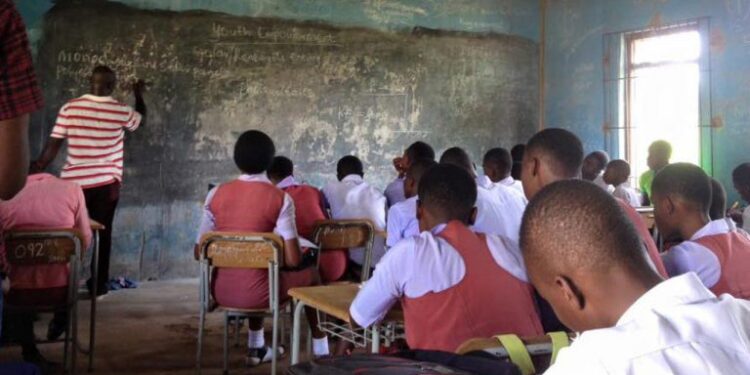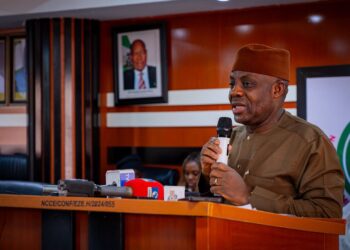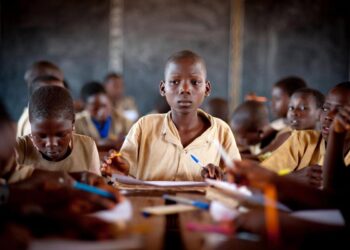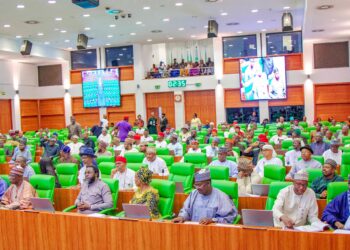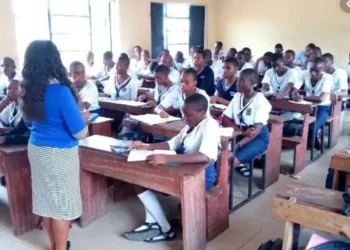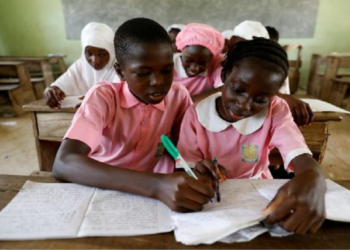Dr. Hamid Boboye, the Executive Secretary of the Universal Basic Education Commission (UBEC), has highlighted the urgent need for an additional 20,000 schools and 907,769 classrooms to accommodate the growing number of out-of-school children in Nigeria.
Boboye addressed this issue during a briefing in Abuja, where he met with the Minister of Education, Prof. Tahir Mamman, and the Minister of State, Dr. Yusuf Sununu, according to the News Agency of Nigeria.
He identified several challenges, including infrastructural gaps and inadequate manpower, hindering the commission’s efforts to provide equitable access to quality basic education.
In response, Prof. Mamman emphasized that his ministry would prioritize basic education in the country.
He stressed the critical importance of developing the foundation level within the education sector to have a positive impact on other tiers and contribute to national development.
Prof. Mamman urged all states in the federation to demonstrate greater commitment by providing counterpart funding to expedite the development of basic education.
He assured that President Bola Tinubu’s government is fully committed to ensuring that every Nigerian child has access to education.
Additionally, the upcoming National Census is expected to resolve controversies surrounding the actual number of out-of-school children.
Dr. Sununu echoed the importance of ensuring that Nigerian children receive the necessary education to prepare them for the future.
He directed the UBEC Chief Executive to engage with state governors in the pursuit of counterpart funding, emphasizing that an uneducated child poses a significant risk to both them and society as a whole.
Backstory
Last year, Nairametrics reported that despite efforts to expand access to education in Nigeria, the World Bank said that the country still has the highest number of out-of-school (OOS) children globally.
According to the World Bank’s “Nigeria Development Update (June 2022),” Nigeria is home to more than 11 million OOS children aged 6 to 15, representing 1 in 12 OOS children worldwide.
The World Bank emphasized the need for increased efforts to get these children back to school. It suggests a multifaceted approach, including reducing the cost of education by eliminating school fees, providing cash transfers, and addressing socio-cultural norms that hinder school enrollment on the demand side.
On the supply side, it said Nigeria should focus on increasing the number of schools, optimizing their locations using geo-referenced data, improving conditions in dilapidated schools, and ensuring school safety.
Recently, Niger State’s Commissioner for Humanitarian Affairs and Poverty Alleviation, Ahmad Suleiman Yumu, disclosed that 11,113 school-aged children were forced to stop attending school, leading to the closure of around 400 primary schools due to ongoing kidnapping and banditry activities in the state.

